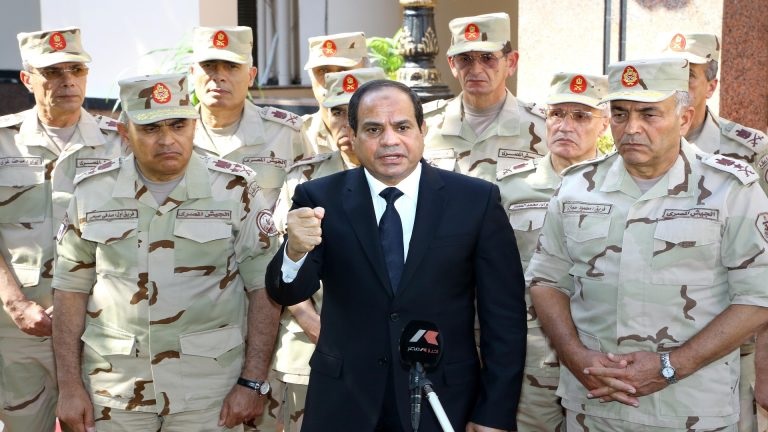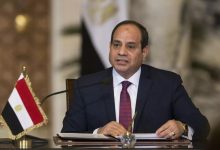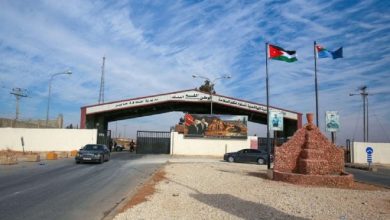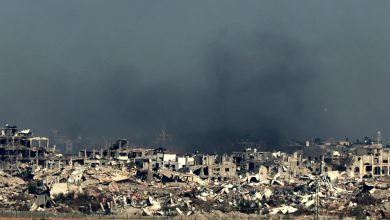Egyptian Opposition Unveils Sisi Regime’s Tactics Before January 25
Exiled critics highlight the regime’s strategies to suppress dissent ahead of the revolution's anniversary.

Watan-Many Egyptian opposition figures abroad have affirmed that they neither called for nor adopted any calls for demonstrations against the regime on the upcoming anniversary of the January 25 Revolution. They emphasized that any such calls are likely issued by the regime’s security committees as part of a pre-planned scheme.
The Sisi regime, as usual, seeks to absorb the peak of public anger, which has reached its highest levels in the Egyptian streets—coinciding with the fall of Bashar al-Assad’s regime in Syria—through a tactic described as the “counter-shock.”
-
U.S. Envoy Warns Egypt Nearing CollapseMarch 23, 2025
-
Egypt’s Expanding Prison Network: Repression Over ReformMarch 18, 2025
This involves the regime’s committees spreading false calls for demonstrations despite the absence of genuine calls in reality. As a result, the streets appear empty on January 25, causing public frustration and defusing the people’s anger.
This scenario has been repeated by the regime’s intelligence services multiple times in recent years and has proven effective. However, the opposition preempted the regime this time with a proactive step.
Engineer and Egyptian dissident Khaled El-Serty, known for his call for the “Joint Revolution,” was among those who openly declared this, stressing that they have not issued any calls for protests or demonstrations on the anniversary of the January Revolution in any form.
Similarly, prominent Egyptian artist and dissident Amr Waked tweeted that he had not called for people to take to the streets on January 25.

As monitored by Watan, he stated: “Personally, I am not calling anyone to take to the streets on January 25, even if the date seems appealing. But this is not something I have called for.”
He continued, clarifying: “If people decide to take to the streets at any time, I will support them. But please know that I am not calling anyone to protest on the 25th.”
Sisi Regime’s Deception and Manipulative Tactics
It is worth noting that every year, particularly before January 25, anonymous calls for demonstrations emerge, which are often linked to the regime’s intelligence committees.
These calls aim to demoralize the public and absorb their anger, preventing them from considering demonstrations when they see the same outcome each time: empty streets. Meanwhile, Sisi’s media performs its usual suppressive role, despite the fact that no genuine calls were ever made—it’s all purely fabricated by the intelligence apparatus!
Egyptian opposition figures abroad stress the importance of exercising caution and not falling for these intelligence-driven calls, thereby thwarting the regime’s plans and rendering its strategy ineffective.

They urge waiting for the right moment to mobilize under favorable conditions with prior preparation to ensure the safety of protesters and protect them from the brutality of this ruthless regime.
Sisi’s fall is imminent; his regime is a burned-out card nearing its expiration, living through its most challenging days, especially after witnessing Bashar al-Assad’s fate firsthand.
This necessitates new ideas and innovative revolutionary methods to topple the regime and prevent it from suppressing the people when they rise. The revolution is brewing and inevitable—it’s now just a matter of time before it arrives like a “flood.” Bashar al-Assad’s fate is not far from Sisi’s.






